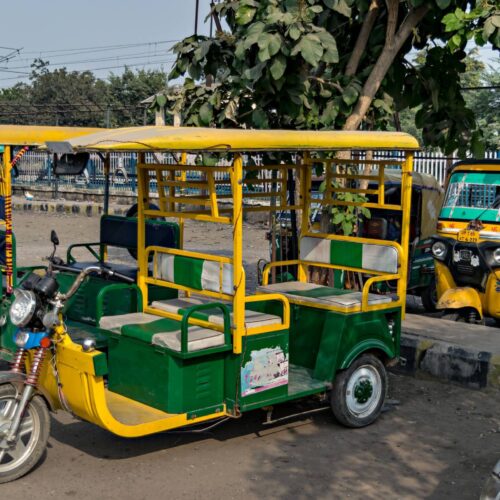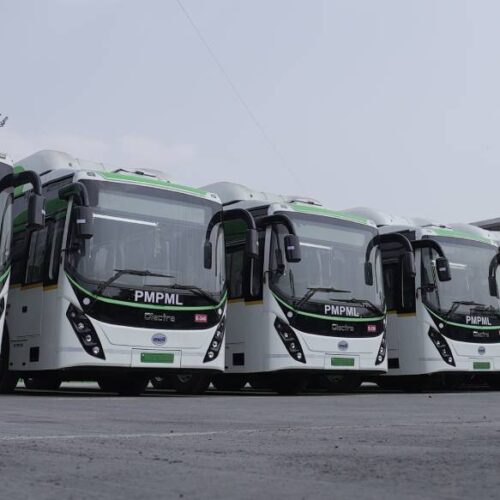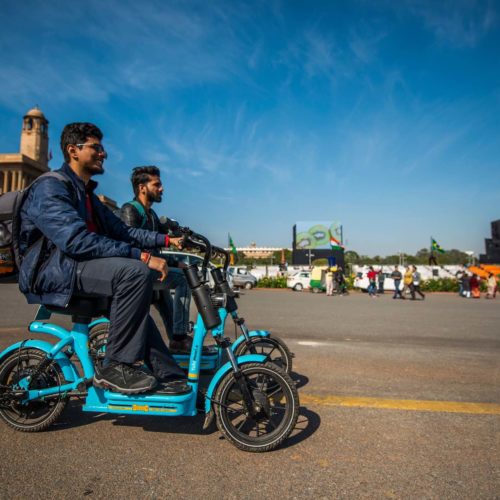
Ryan is a principal with Third Derivative, where he leads special projects. His current focus is developing three new startup cohorts focused on cement, steel, and chemical decarbonization. Prior to Third Derivative, Ryan cofounded RMI’s India program, where he led research, project, policy, and convening work on transportation decarbonization and vehicle electrification at the national, state, and city levels.
Background
Ryan previously served as a right-hand to RMI’s founder, Amory Lovins, supporting his research, analysis, and engagements. Before RMI, he worked at Yale University on campus sustainability planning and projects, including the design, implementation, and scaling of a first-of-its-kind internal carbon pricing program.
Education
BS, Geology and Geophysics, Yale University
Forbes 30 Under 30 – Energy (2019)
Location
Basalt, CO
Why I Love Working At RMI
“I’m inspired by our people, from our staff to our clients, and how our collaborative approach leverages the power of many to turn aspirational into achievable.”








